


x
'TAIXUNIA'
2019
At Dimora Artica, Milan
The myth of a utopian place where peace and harmony reigns, and in which humanity lives in complete symbiosis with nature and the cosmos, is present in many cultures, religions, mythological systems and beliefs, as well as being developed in the literary field, especially from the nineteenth century, by authors such as Goethe, Thoreau, Nietzsche, Flaubert, Dostoevsky. Eden, Paradise, Golden Age, Arcadia and Elysian Fields are different names of the same archetype of the collective imagination, usually described as a fantastic place lost due to an apocalyptic event, a tragedy, a natural catastrophe, a divine curse, or a behaviour that attracts dark and diabolical forces. Richard Heinberg's "Memories and Visions of Paradise, Exploring the Universal Myth of a Lost Golden Age" (1995), explores different myths about the lost paradise from a historical and anthropological point of view, interpreting them as the elaboration of memories of a real place, settled in the collective memory.
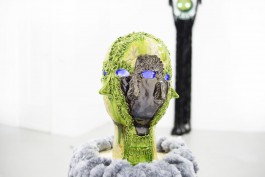
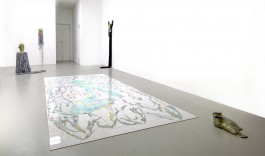
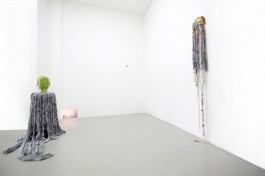
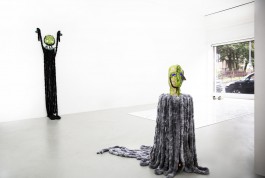
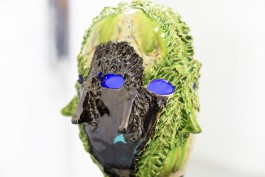
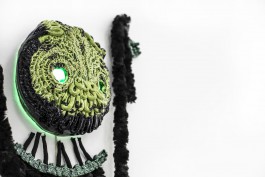
'TAIXUNIA'
2019
The myth of a utopian place where peace and harmony reigns, and in which humanity lives in complete symbiosis with nature and the cosmos, is present in many cultures, religions, mythological systems and beliefs, as well as being developed in the literary field, especially from the nineteenth century, by authors such as Goethe, Thoreau, Nietzsche, Flaubert, Dostoevsky. Eden, Paradise, Golden Age, Arcadia and Elysian Fields are different names of the same archetype of the collective imagination, usually described as a fantastic place lost due to an apocalyptic event, a tragedy, a natural catastrophe, a divine curse, or a behaviour that attracts dark and diabolical forces. Richard Heinberg's "Memories and Visions of Paradise, Exploring the Universal Myth of a Lost Golden Age" (1995), explores different myths about the lost paradise from a historical and anthropological point of view, interpreting them as the elaboration of memories of a real place, settled in the collective memory.





